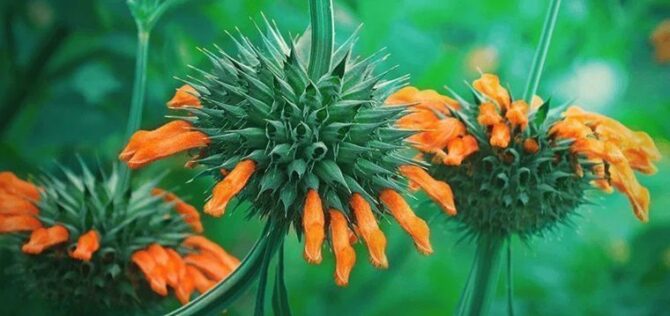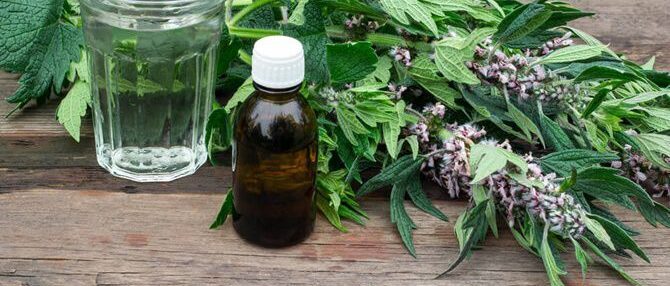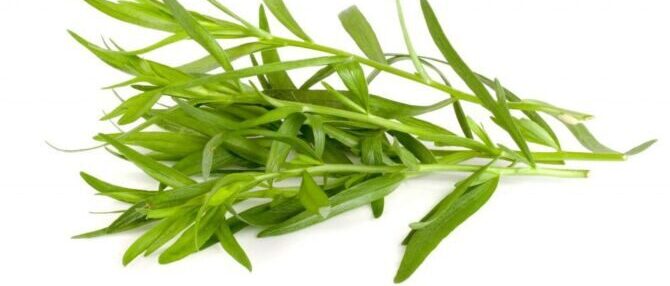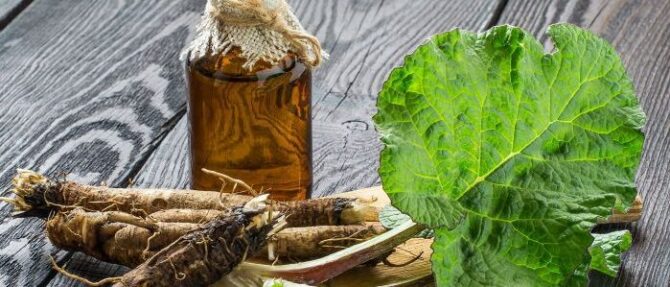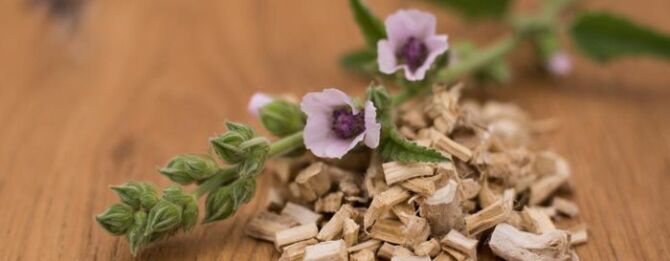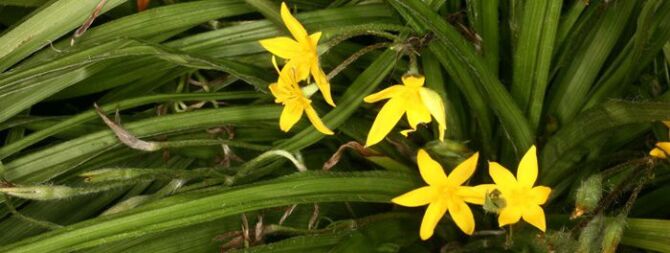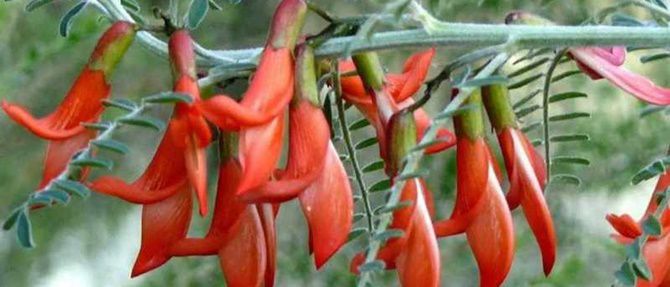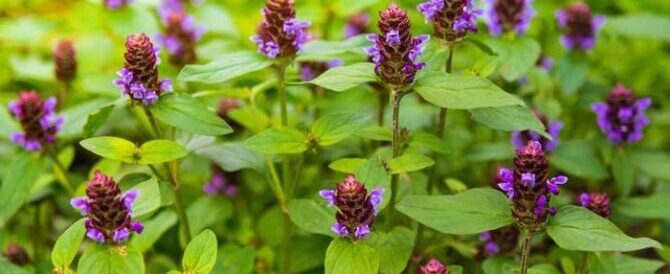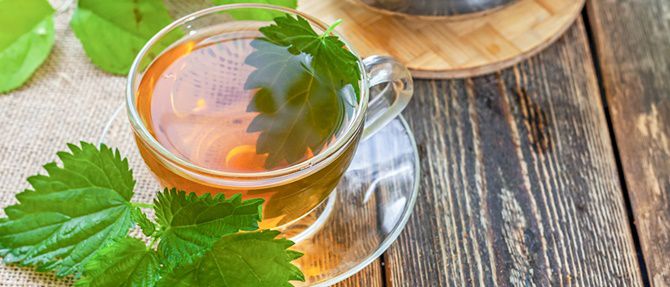Herbal Remedies
Leonotis Medicinal Uses
Leonotis Medicinal Uses are numerous. The Leonotis Genus contains 9 accepted species, namely Leonotis decadonta, Leonotis goetzei, Leonotis grandis, Leonotis leonurus, Leonotis myricifolia, Leonotis myrothamnifolia, Leonotis nepetifolia, Leonotis ocymifolia and Leonotis pole-evansii. For the purpose of this article, we will focus on the medicinal benefits of Klip Dagga (Leonotis nepetifolia) and Wild Dagga (Leonotis leonurus).
Leonotis Medicinal Uses Overview
The plants have antimicrobial, anti-nociceptive, analgesic, antispasmodic and anti-inflammatory properties. It has long been used in African traditional medicine. The plant is used medicinally both topically and orally. The leaves and flowers are reported to produce a mild euphoric effect when smoked and have been said to have a similar, although less potent, psychoactive effect to cannabis.
Among its benefits, it may help in the treatment of:
- Colds, fever, pneumonia, bronchitis, headaches and asthma.
- Arthritis and other inflammatory conditions.
- Irregular heartbeats / palpitations.
- Heart conditions associated with anxiety and hypertension.
- Dysentery, diarrhea, constipation and cramps.
- Malaria, poisoning, syphilis, snakebite and spider bites.
- Hemorrhoids, eczema, skin rashes, boils, itching.
- Epilepsy.
Caution: The plant is not recommended during pregnancy.
Leonotis Herbal Preparations and Uses
Parts Used: Roots, Seeds, Flowers and Leaves.
- Decoction.
- Compress.
- Infusion.
- Tincture.
- Creams.
- Dried Form.
Leonotis Herbal Recipes
Leonotis Tea
- Add 1-4 teaspoons Leonotis flower petals to one cup of hot, boiling water.
- Steep for 10-15 minutes.
- You can add honey to sweeten the tea.
Disclaimer
Medicinal Information:
All medicinal information on this website is for educational and informational purposes only and may not be construed as medical advice. The information is not intended to replace medical advice or treatment offered by healthcare professionals.
Seeds, Plants, Plant Cuttings, Geophytes and Dried Herbs:
In some countries and provinces, certain plants are deemed as invasive and are not allowed to be planted at all, whilst some plants are allowed to be grown only in certain areas or provinces. The onus is on you as the buyer to familiarize yourself with the regulations pertaining to your location, before purchasing any of our seeds, plants, plant cuttings, geophytes or dried herbs. We will not be held liable, should you purchase any seeds, plants, plant cuttings, geophytes or dried herbs. from us which are prohibited in your country or province.

